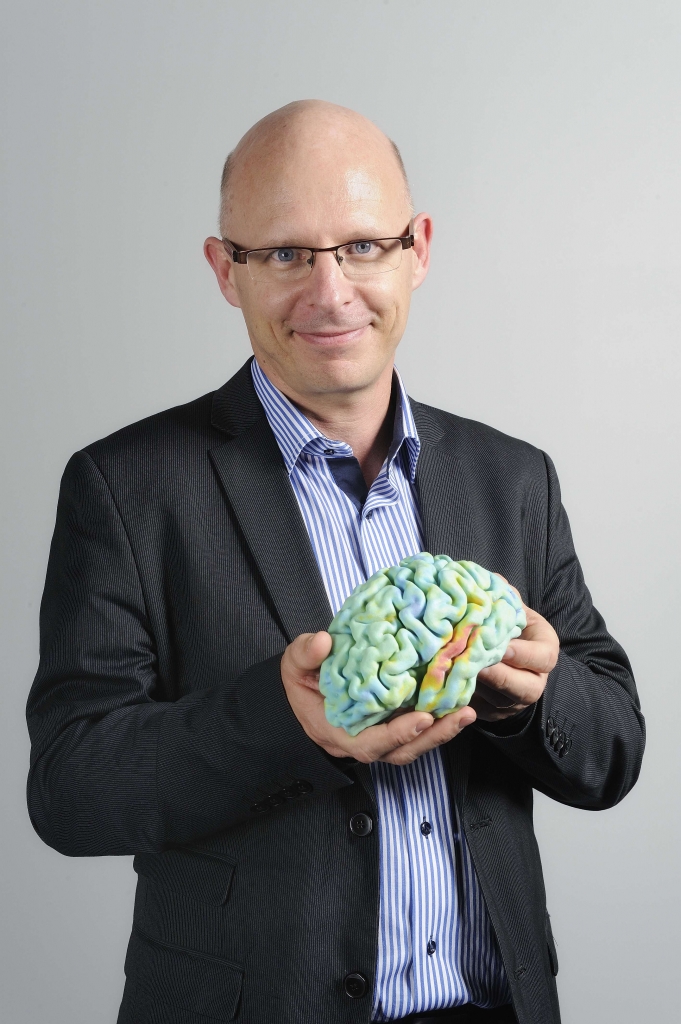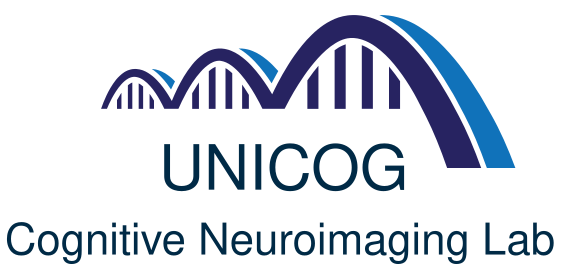
Colloquium “Seeing the mind, educating the brain”
Collège De France
11 Place Marcelin Berthelot, Paris
Oct 1-3, 2025
Over the past decades, behavioral measures, brain imaging and neurophysiological recordings, in both humans and non-human primates, have led to major progress in understanding the neuronal and circuit-level properties that support cognitive functions such as visual recognition, spatial navigation and decision making. Human cognition is special, however, in its unique capacity to acquire new concepts and abilities through learning and education, particularly in the domain of language and mathematics. How far are we from understanding the neural mechanisms that allow us to acquire abstract concepts and symbols? Can we understand which cognitive toolkit is present in all brains since infancy, and how it changes with education? Can we separate the mechanisms of conscious and unconscious processing, and their respective contributions to human learning? To what extent does current animal research shed sufficient light on human computations? Are we still missing fundamental ideas, concepts, theories, and empirical tools to bridge between neuroscience and higher-level cognition?
On the occasion of Stanislas’ sixtieth birthday, he is delighted to invite some of the leading scientists—Jean-Pierre Changeux, Nancy Kanwisher, Elizabeth Spelke, Naama Friedmann, among others—who have played a key role in shaping his ideas.
The program will feature discussions on the future of our field over the next two decades, along with a celebration of science, life, and friendship.
The first day of the event will be free and open to all, with no registration required. However, registration is mandatory for Days 2 and 3 of the colloquium:
Wednesday, October 1 – Navarre Amphitheater
Free and open to all
9:00 – Stanislas Dehaene – Introduction
Part 1: Seeing and Decoding the Mind
9:10 – Nancy Kanwishe
9:50 – Doris Tsao
Representing the visual world
10:30 – Pieter Roelfsema
Conscious perception: the propagation of selection signals through the global neuronal workspace
11:10 – Break
11:30 – Liping Wang
The control of sequence working memory in the prefrontal cortex
12:10 – Lionel Naccache
12:50 – Lunch Break
Part 2: Training and Educating the Brain
14:20 – Jean-Rémi King
The Neural Code of Language in the Human Brain
15:00 – Andreas Nieder
Number neurons in the medial temporal lobe of humans
15:40 – Josef Parvizi
Numerical cognition explored with direct recordings from inside the human brain
16:20 – Break
16:40 – Elizabeth Spelke
Educability
17:20 – Naama Friedmann
18:00 – End of Day
Theme: Numerical and Mathematical Development
9:10 – Edward Hubbard
Illuminating fractions learning: neuronal recycling of non-symbolic ratios for symbolic fractions
9:50 – Justin Halberda
Approximate number system precision and educational outcomes across four continents
10:10 – Evelyn Eger
Pattern codes for numerical quantity during perception and internal computation in the human brain
10:30 – Pedro Pinheiro-Chagas
Spatiotemporal dynamics and representational codes of arithmetic processing in the human brain
10:50 – Break
Theme: Infancy, Development, and Education
11:10 – Bruce McCandliss
Educational influences on the emergence of brain function across multiple time scales
11:50 – Lisa Feigenson
Developmental origins of human curiosity
12:10 – Véronique Izard
Why is conceptual learning so hard?
12:30 – Luca Bonatti
The state of the State of the Arts of the Language of thought
12:50 – Lunch Break
Theme: Perception and Consciousness
14:10 – Jean-Pierre Changeux
The global neuronal workspace from the molecular to the cognitive level: Consequences for pathology and pharmacology
14:50 – Lucia Melloni
15:30 – Biyu Jade He
Neural mechanisms of conscious visual perception in humans
16:10 – Claire Sergent
The global workspace model of consciousness: then and now
16:30 – End of Day
Theme: Space, Time, and Number
9:10 – Edvard Moser
Grid cells – geometry in space and time
9:50 – Manuela Piazza
Space as the fabric of thought
10:30 – Fosca Al Roumi
How humans compress information in memory: the Language of Thought hypothesis
10:50 – Lorenzo Ciccione
The perception and understanding of patterns and graphics
11:10 – Break
Theme: Neural Codes in Monkeys and Humans
11:30 – Arun SP
Neural basis of real-world vision
12:10 – Florian Mormann
Single-neuron correlates of perception and memory in the human medial temporal lobe
12:50 – Lunch Break
Theme: Human Singularity
14:20 – Floris de Lange
Uniquely human prediction?
15:00 – Valentin Wyart
15:20 – Mathias Sablé-Meyer
Dissecting the Language of Thought Hypothesis across Marr’s levels
15:40 – Josh Tenenbaum
16:20 – Stanislas Dehaene
Concluding remarks
16:30 – End of Colloquium

